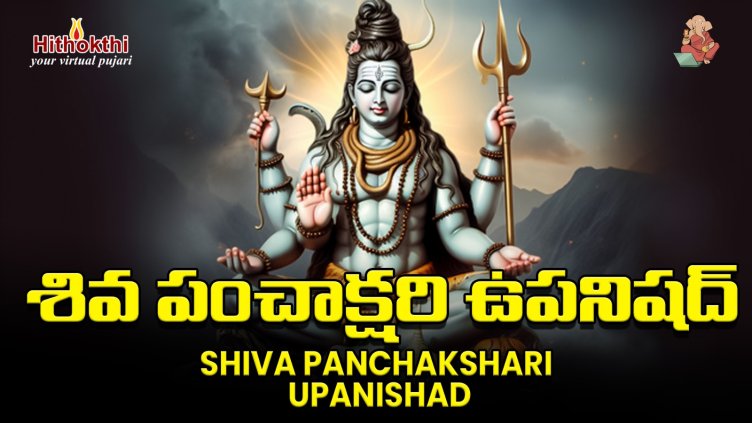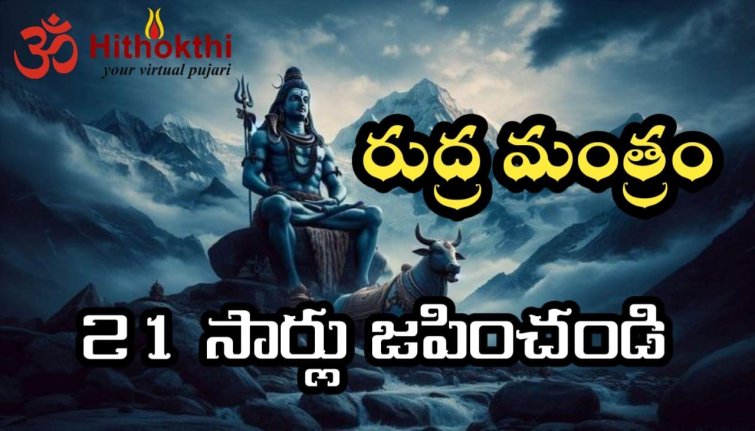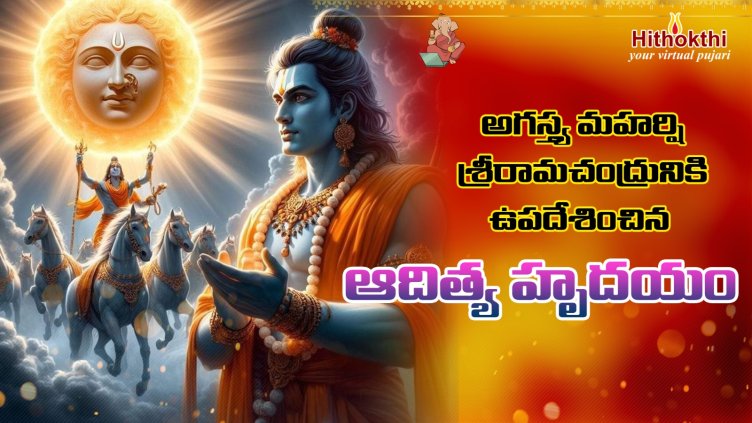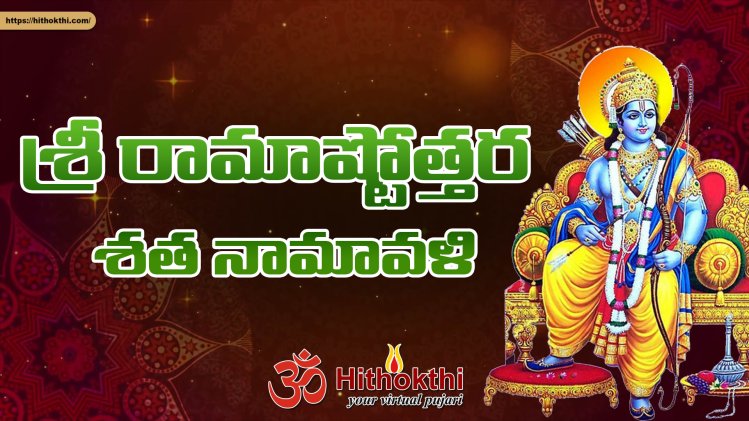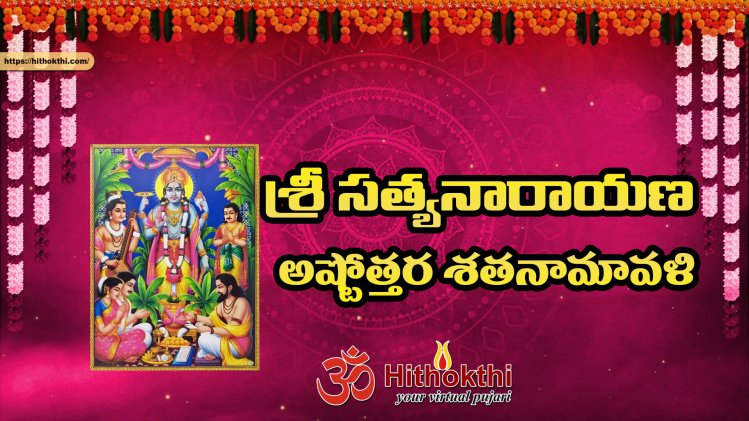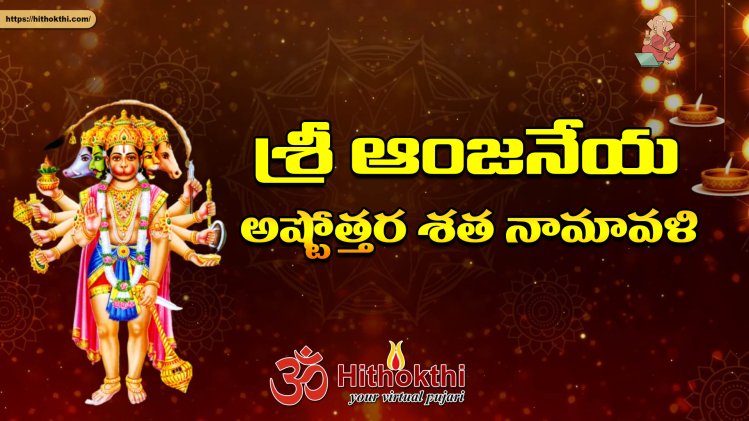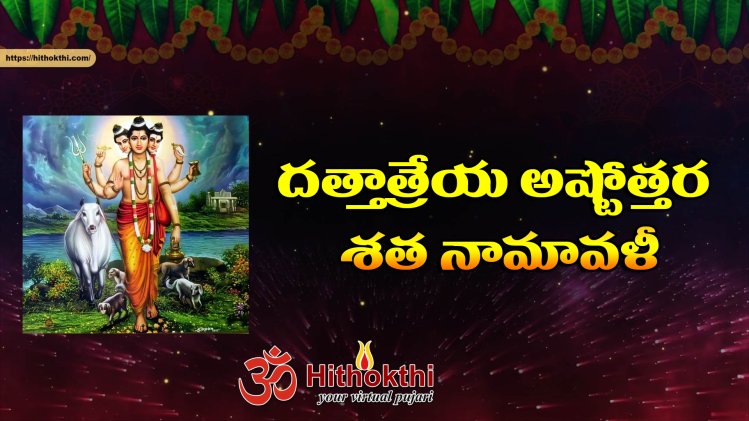Hindu tradition of debate, dialogue has much to teach us, America’s Indologist says

America April 24, 2014: Academic, author and poet Laurie L Patton is one of America’s leading Indologists. The dean of the Trinity College of Arts & Sciences at Duke University, she was previously the Charles Howard Candler Professor of Early Indian Religions at Emory University. Most of her academic work focuses on early Indian rituals, narrative and mythology, and Hinduism in modern India. The translator of one of the most recent English translations of the Bhagavad Gita, published by Penguin Classics, she has lectured widely on interfaith issues, religion and public life. In Bangalore to attend a liberal arts education conference recently, she spoke on the dialogical tradition in India, her fascination for Vedic texts and her work with women Sanskritists. Excerpts:
“While in general free speech is alive and well in many sectors, I worry that publishers are not able to bring out their books without complaints being filed against them and their authors. The long Indian tradition of debate and dialogue has much to teach us, and we don’t have to look to the West to learn this. Dialogue is central to much of Indian literature. Many of the ancient debates were about deeply felt, controversial matters — practices we now refer to as “religion” were called other things in other times. I am co-editing a series with Ashgate Press on the importance of the dialogical tradition in India; it is a very ancient tradition of critical learning.
Hinduism is such a huge term and covers so many different kinds of practices and commitments. I think Vedic texts are fascinating because they are so rich in both ritual and metaphorical content. They are true masterpieces of metrical, poetic and ritual virtuosity, all rolled into one. From a more contemporary point of view, there are fluid, relational qualities to Hindu practices and forms of worship that are quite compelling.
I’ve been recording 90 life histories of women from cities like Pune, Chennai, Bangalore, Kolkata, Varanasi and Nagpur. Most of them are students of Sanskrit at universities but the language means much more to them than an academic subject. They have internalized Sanskrit, and for many of them, the intimacy with the language is based on oral culture rather than written. While most people think of Sanskrit as a ‘religious’ language, it has been fascinating to find out more about the great tradition of secular writing in Sanskrit.
There’s no good intellectual reason, really. But every generation wants to do a rendition of the classic. I find Vedic language and poetry incredibly rewarding, and the way I approached the translation (a free-verse style constrained by eight-line stanzas)… I wanted to put it into a contemporary poetic idiom. And I finally recognized myself in the text.
I think this is a particularly entrepreneurial moment in higher education in India. At theconference in Bangalore, I was inspired by the creativity of educators, whether they were in institutions of higher education, NGOs or even in the government… I believe collaboration, not campuses, is the way forward. We should be creating more partnerships with Indian educational institutions of all kinds, and establishing a kind of equal exchange of educational goods.

